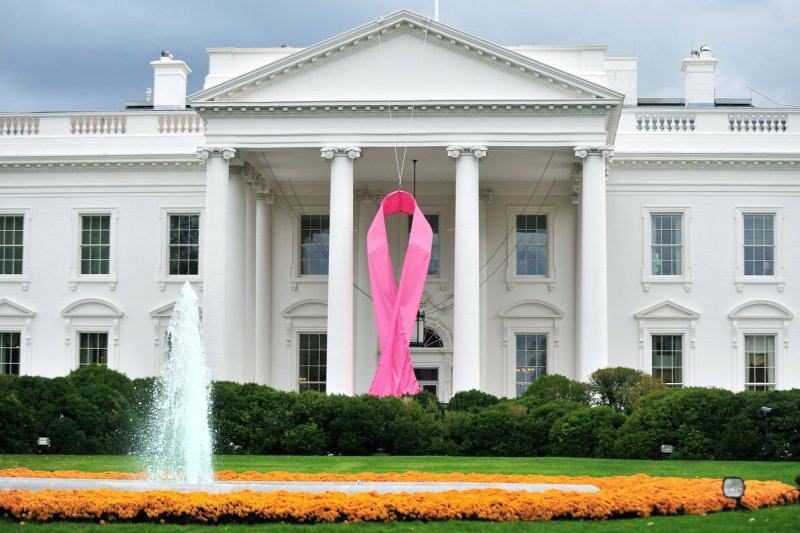World Cancer Day is Feb. 4, and the WHO has asked both developing and developed nations to increase efforts to expand access to screening and early detection programs, which have shown success in some developing nations. (File/UPI/Kevin Dietsch) |
License Photo
LONDON, Feb. 4 (UPI) -- World Cancer Day is Feb. 4, and the World Health Organization's World Cancer Report 2014 says cancer cases are set to increase 57 percent to 22 million cases annually in the next two decades.
The report released by the WHO's specialized cancer agency, the International Agency for Research on Cancer, warns of an approaching wave of cancer cases, which, it says, will require renewed efforts by both governments and health organizations to provide the required care and treatment in the coming years.
“More commitment to prevention and early detection is desperately needed in order to complement improved treatments and address the alarming rise in cancer burden globally,” said IARC Director Dr. Christopher Wild.
In 2012, there were an estimated 14 million new cancer cases, a rate expected to rise to 22 million annual cases in the next 20 years. The number of cancer deaths is also set to increase from 8.2 million to 13 million annually.
According to Wild, the answer does not lie solely in better treatments, but a greater impetus should be placed on preventive public health policies that can compliment the progress made by improved medical treatments.
The most commonly diagnosed cancers in 2012 were lung, breast and intestinal cancers, with lung cancer being the most deadly, claiming 1.6 million lives in 2012.
While cancer has been thought to be a western disease, the growing burden of new cancer cases and deaths will disproportionately hit developing countries in Africa, Asia, and South and Central America. More than 60 percent of the world's cases and about 70 percent of the world's cancer deaths occurred in Africa, Asia, and Central and South America.
The global economic cost of cancer in 2010 was pegged at $1.6 trillion, which the report says is hurting developed as well as developing economies.
Co-editor of the report, Bernard Stewart, said that governments will need to look at early screening programs and detection programs as "an investment rather than a cost." Such measures are already showing some success in developing nations.
[WHO]







